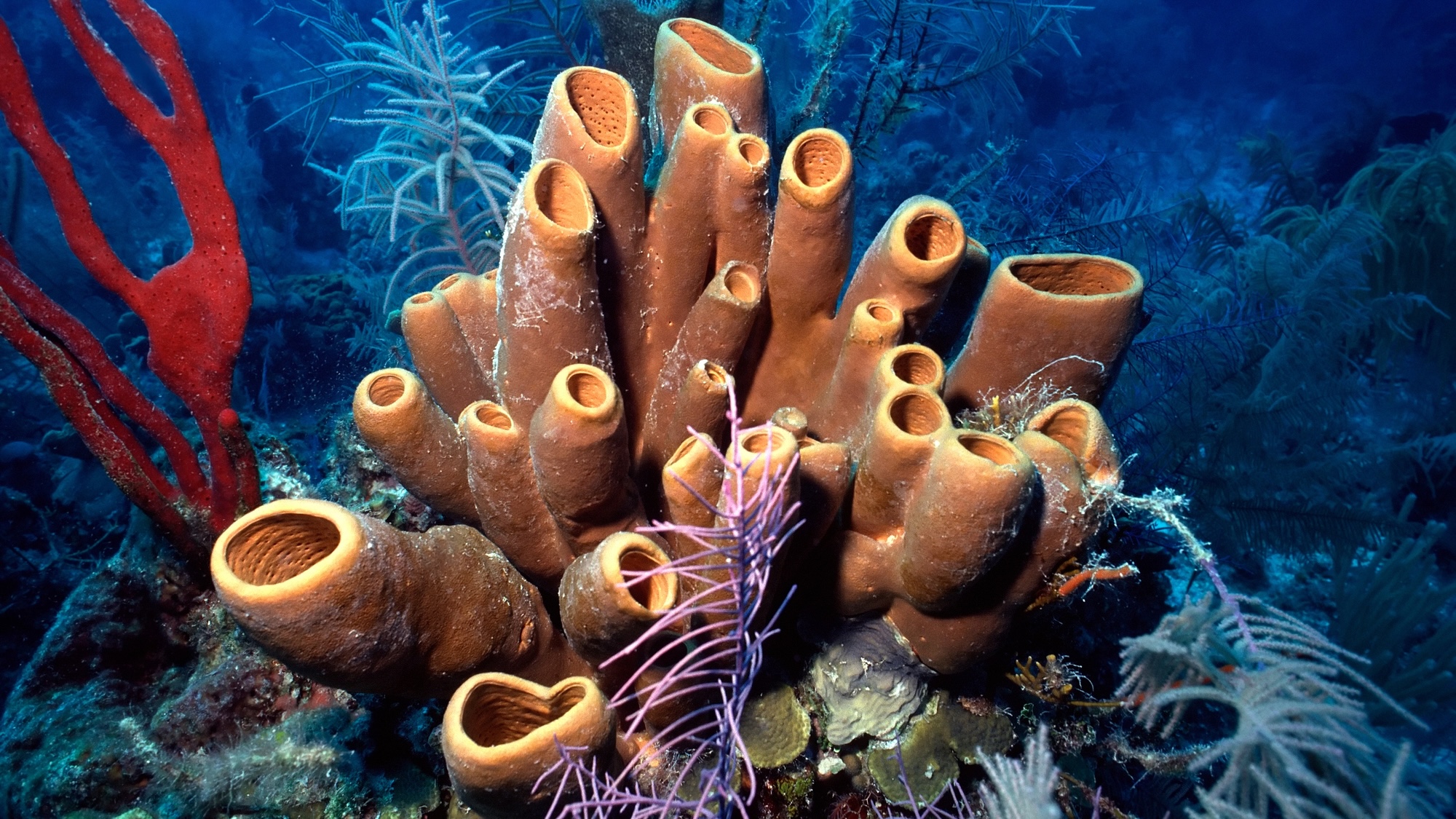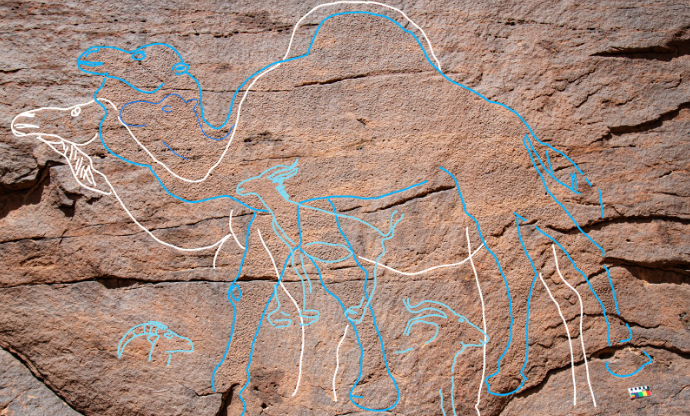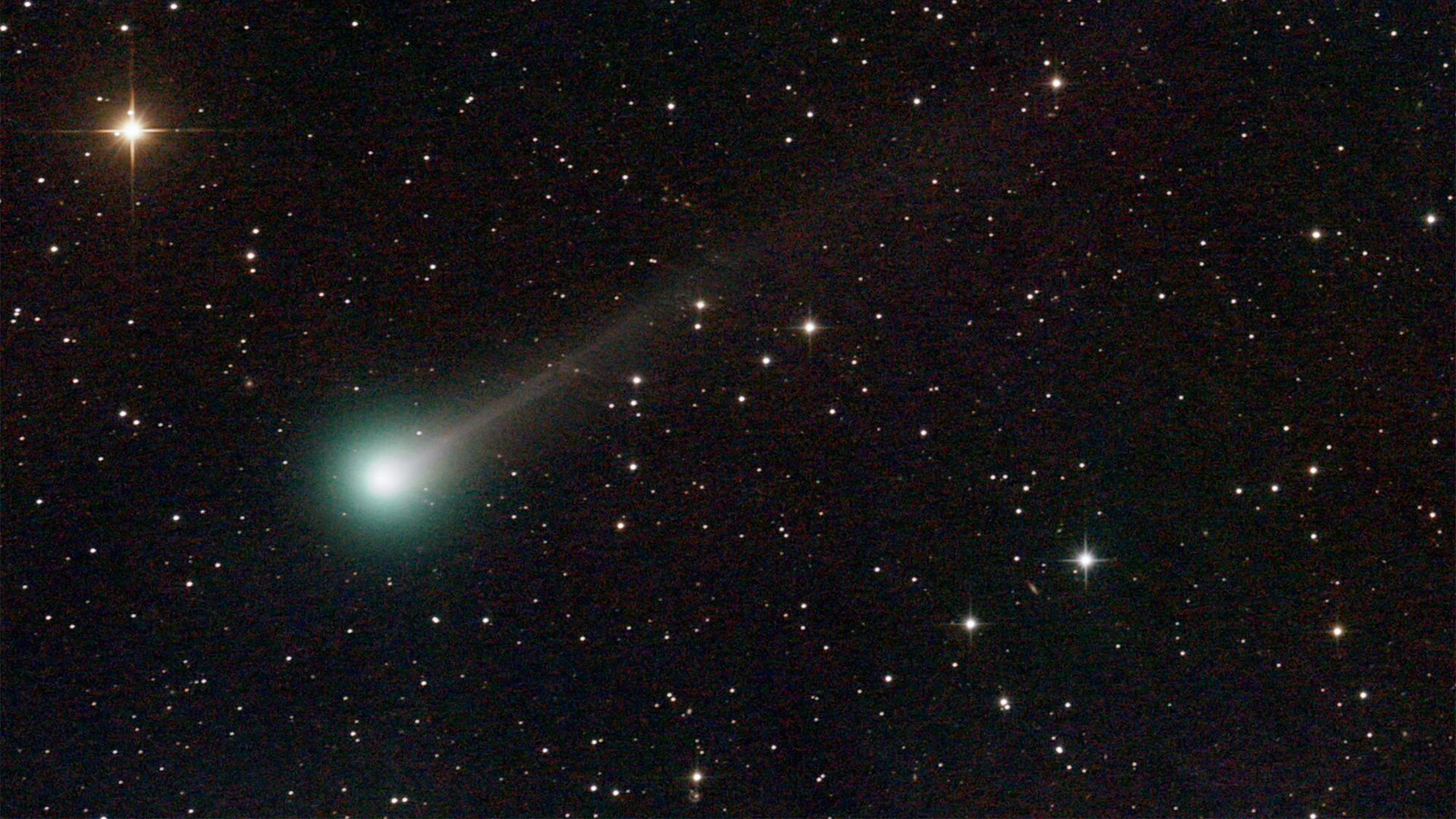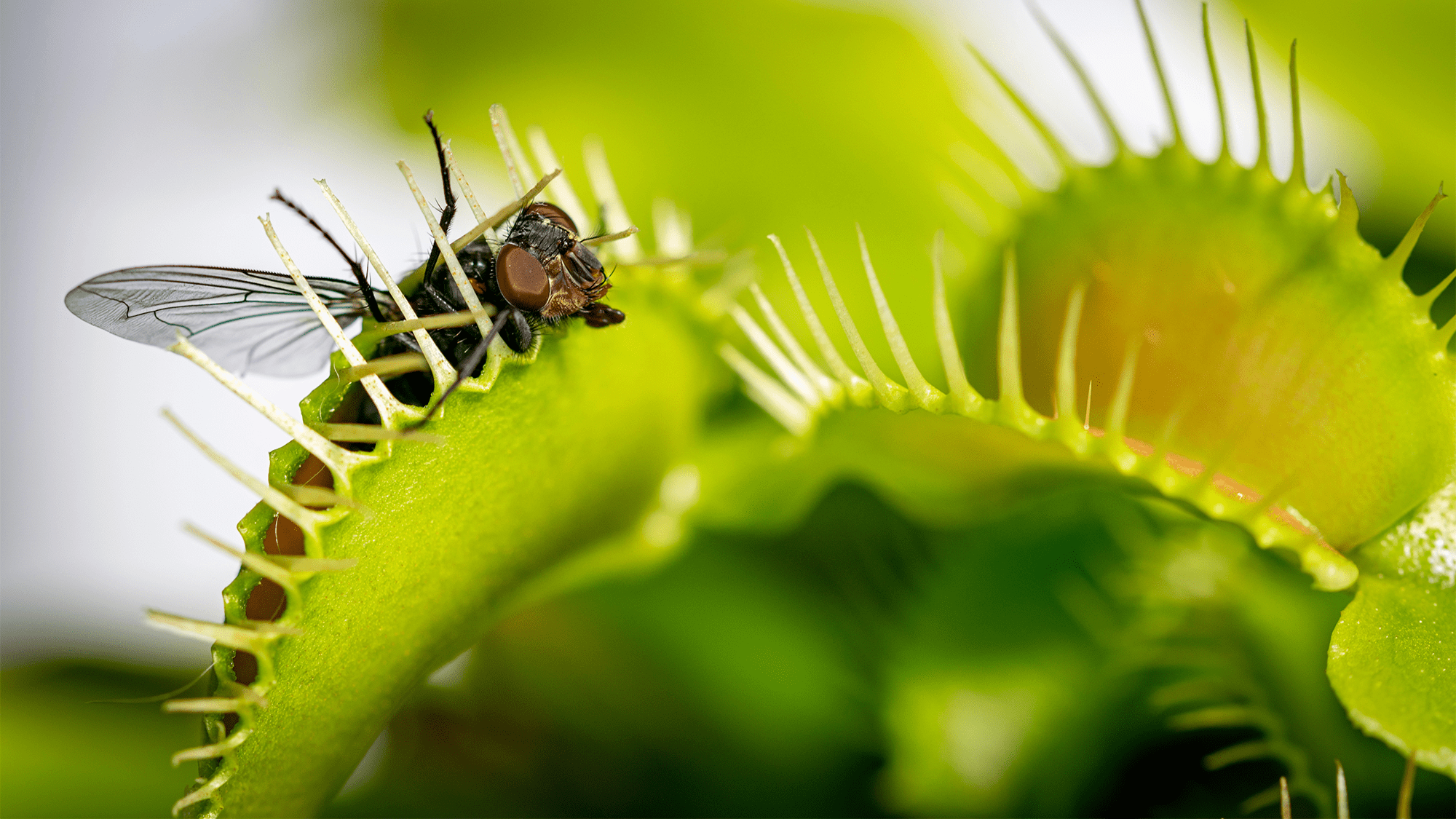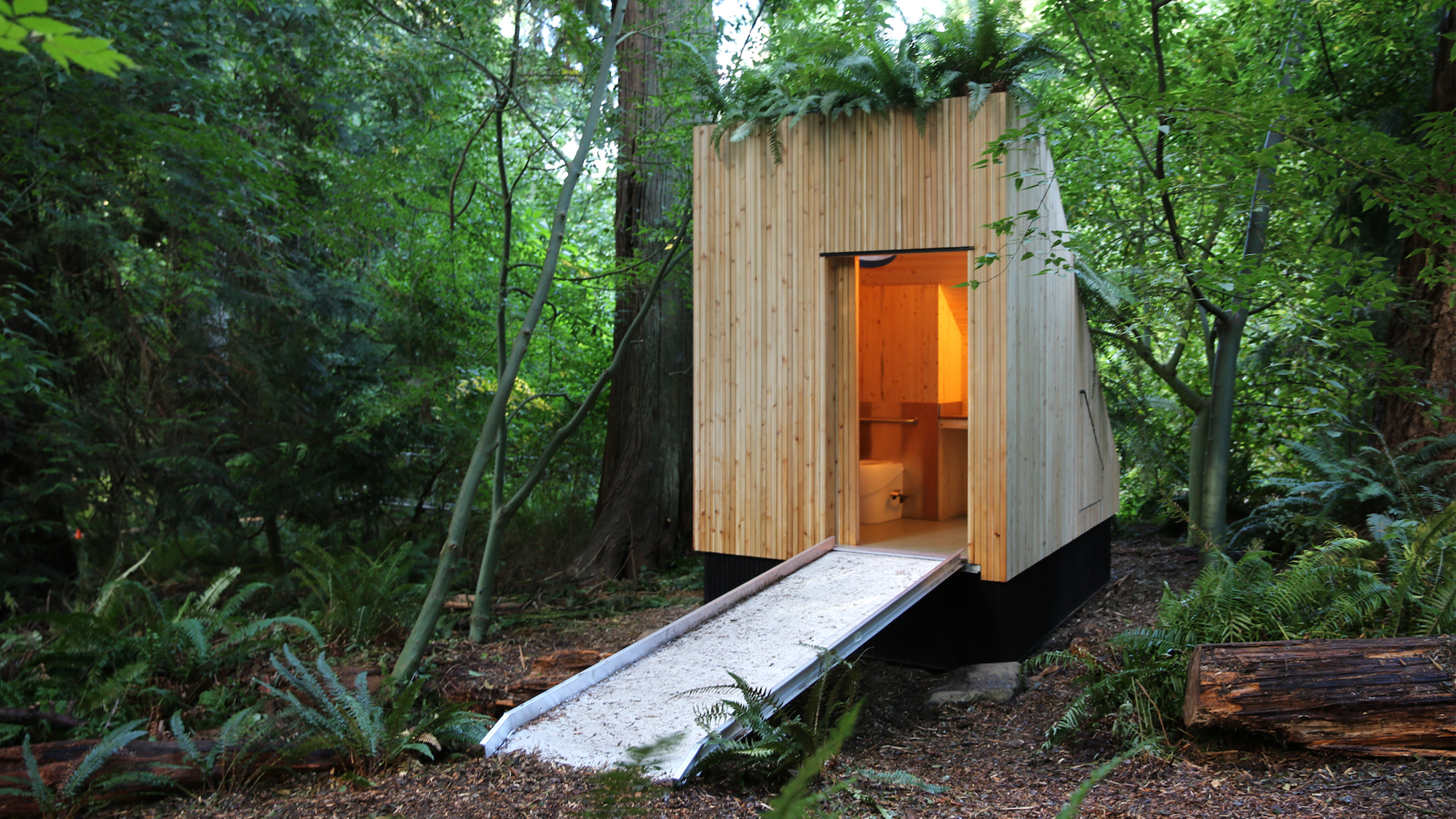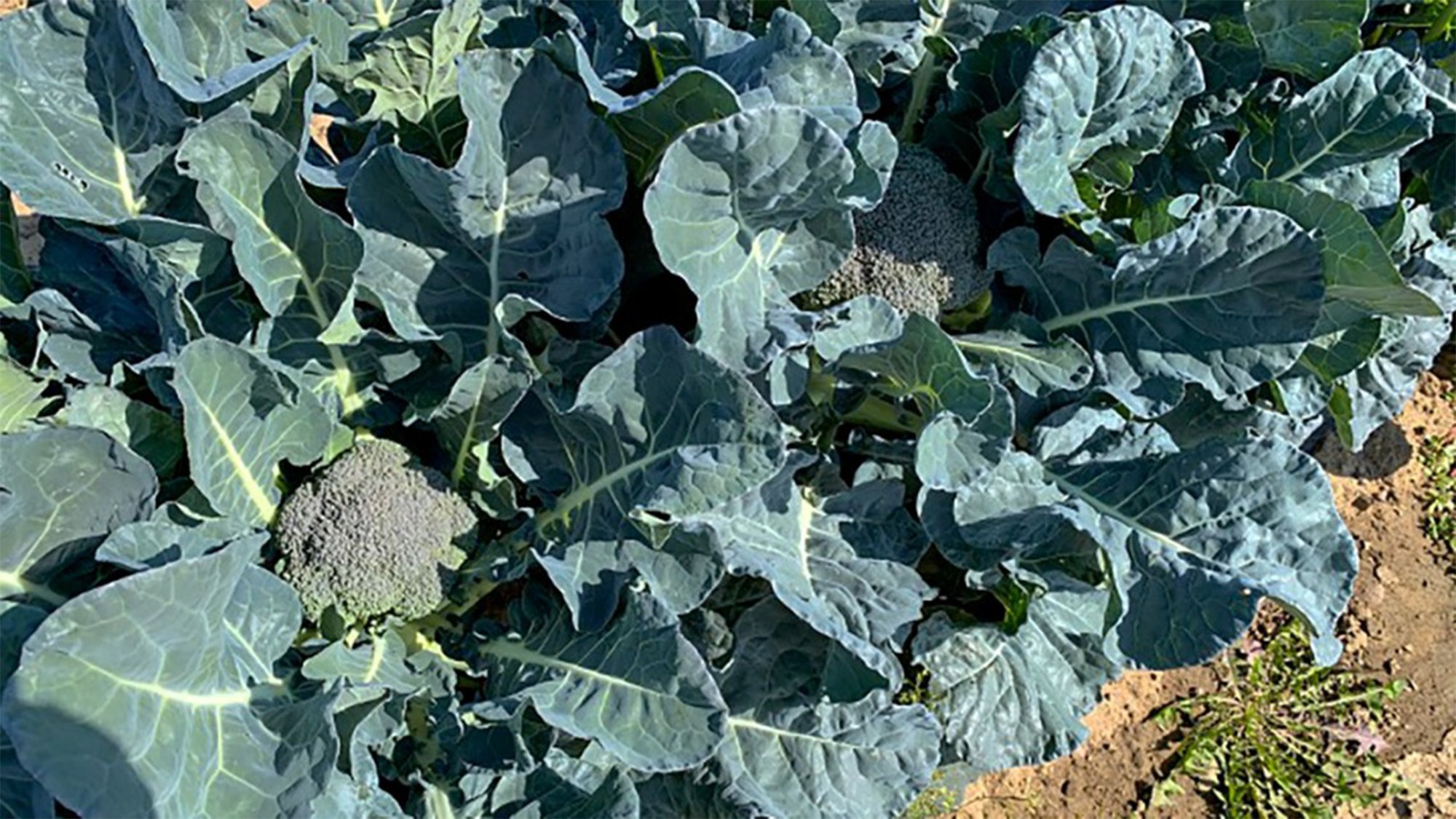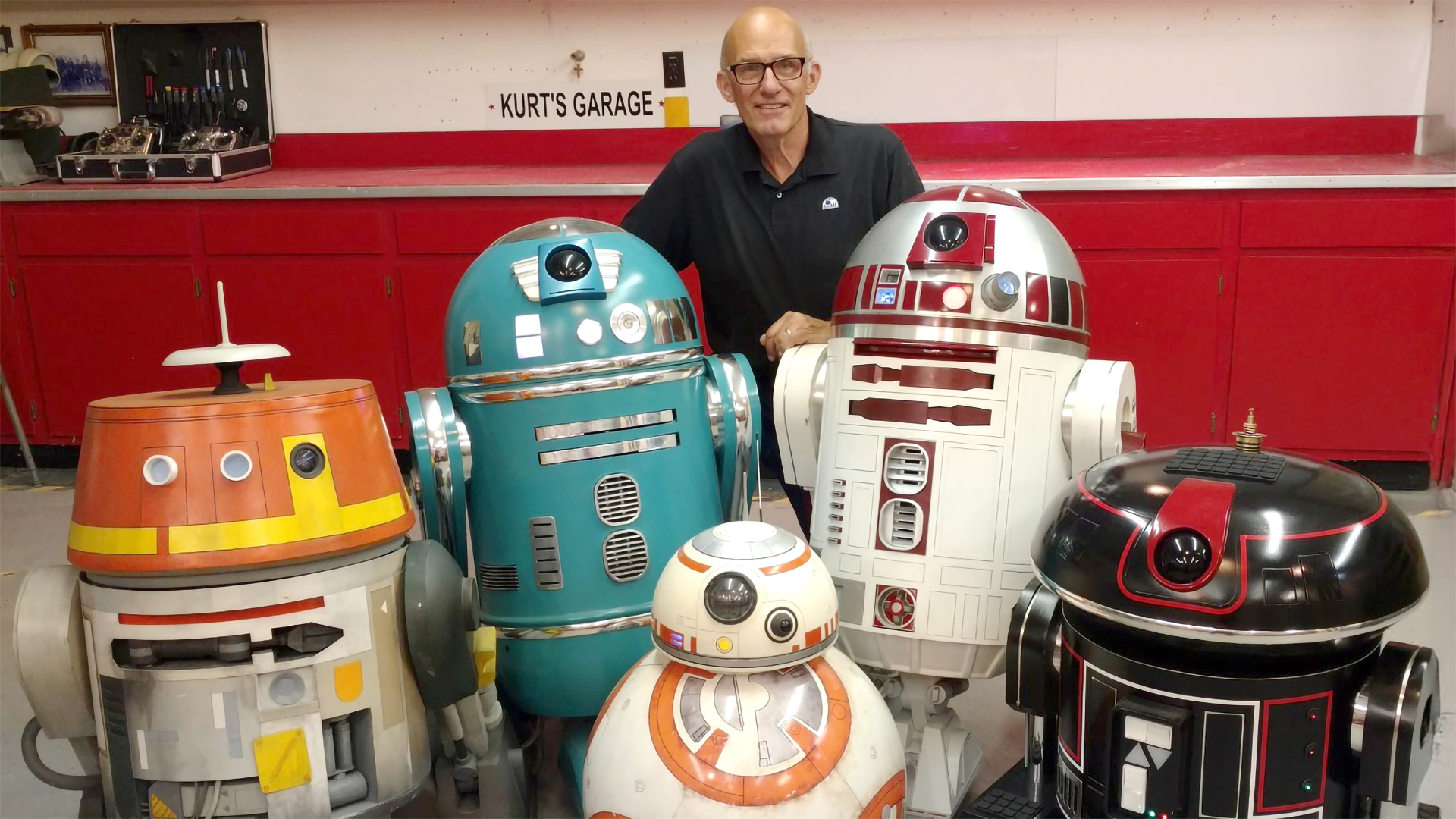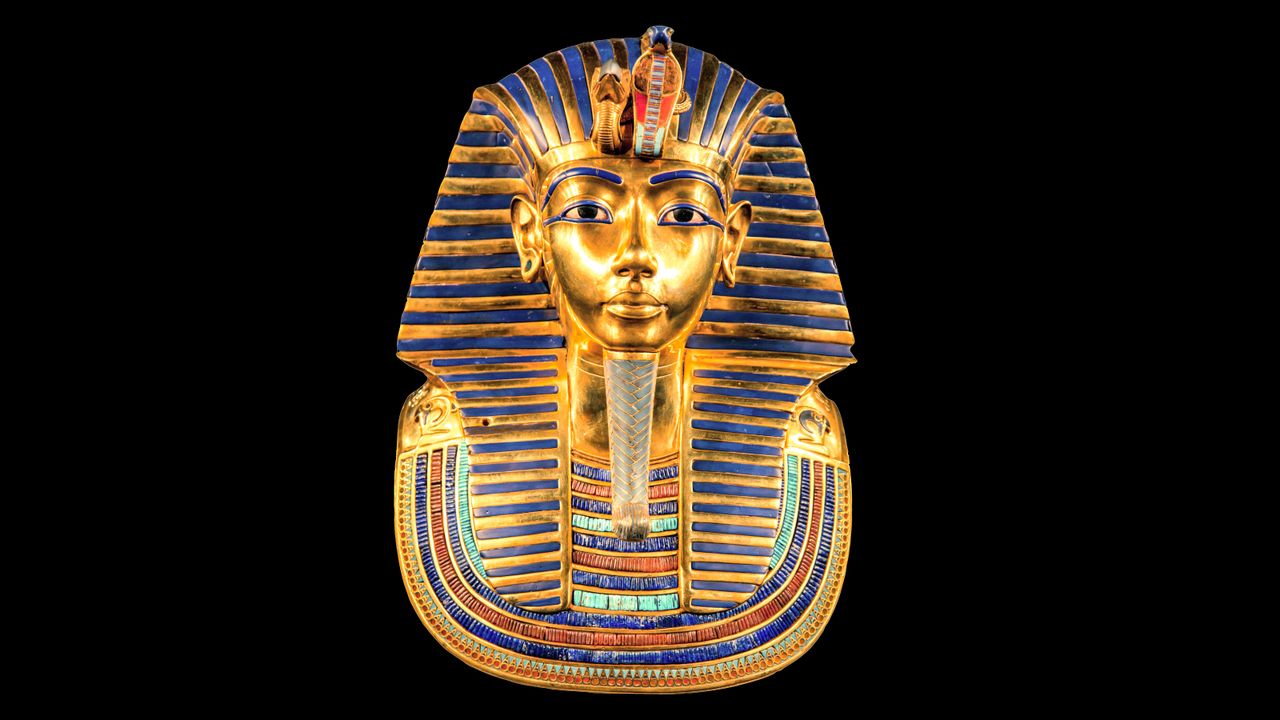Camels depicted in 12,000-year-old rock art
PositiveScience

Recent discoveries of 12,000-year-old rock art in the Arabian desert showcase stunning carvings of camels, highlighting the rich history of human life in this region. These ancient artworks not only reveal the artistic talents of early humans but also provide insights into how they adapted and thrived in a challenging environment. This finding is significant as it deepens our understanding of prehistoric cultures and their relationship with the natural world.
— Curated by the World Pulse Now AI Editorial System

